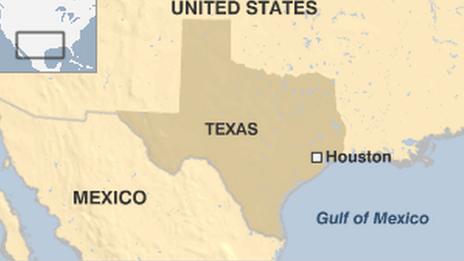'Affluenza' teen: The lawyer taking on Ethan Couch's case
- Published
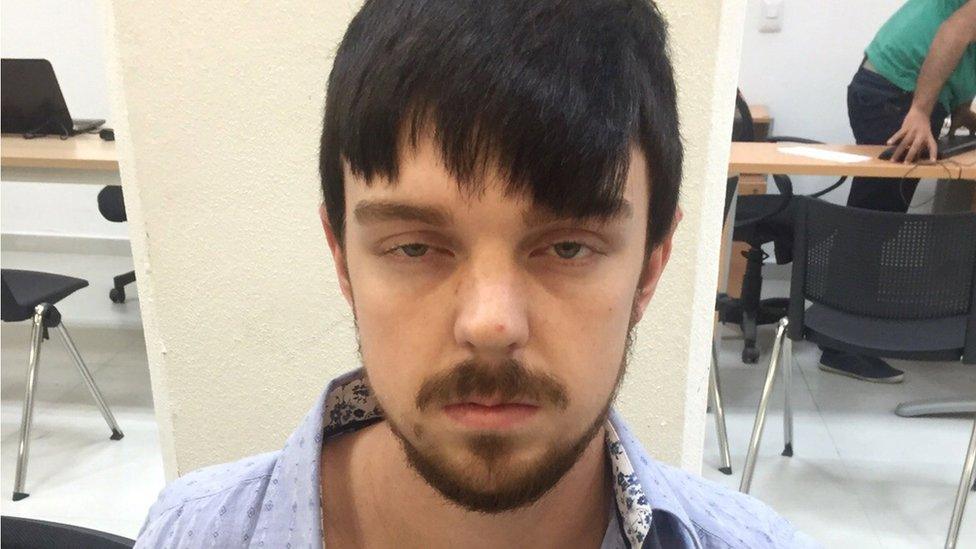
Ethan Couch and his mother Tonya were detained in Mexico on Monday
He has been called a rock star because of his track record in winning cases for high profile clients.
It is a label that lawyer Fernando Benitez finds amusing, but no doubt his latest client Ethan Couch will want a bit of rock star treatment to get him out of a hole.
Texan teenager Couch was sentenced to 10 years of probation for a drink-driving crash in which four people died more than two years ago.
But his trial drew widespread ridicule. His lawyers argued his wealthy parents had encouraged a sense of irresponsibility - a condition termed "affluenza".
Couch, 18, and his mother Tonya were detained on Monday by police in Mexico after they fled the US.
A US arrest warrant for Couch was issued earlier this month after he failed to report to his probation officer.
Aged 16 when he was arrested, Couch was sentenced by the juvenile court, but there has been talk as to whether, when he returns to the US, he could be tried as an adult.
Loved and loathed
Criminal defence lawyer Fernando Benitez is no stranger to controversy. He made his name in 2011 after successfully defending Tijuana's former mayor against weapons charges.
He then took on another controversial case, that of former US Marine Andrew Tahmooressi who was arrested in Mexico on weapons charges after he said he accidentally crossed over the border.
He was freed in 2014 after spending 214 days in a Mexican jail.
It was a case that offended many of his fellow Mexicans but, he said, Americans wanted to throw parties for Mr Benitez for what he achieved.
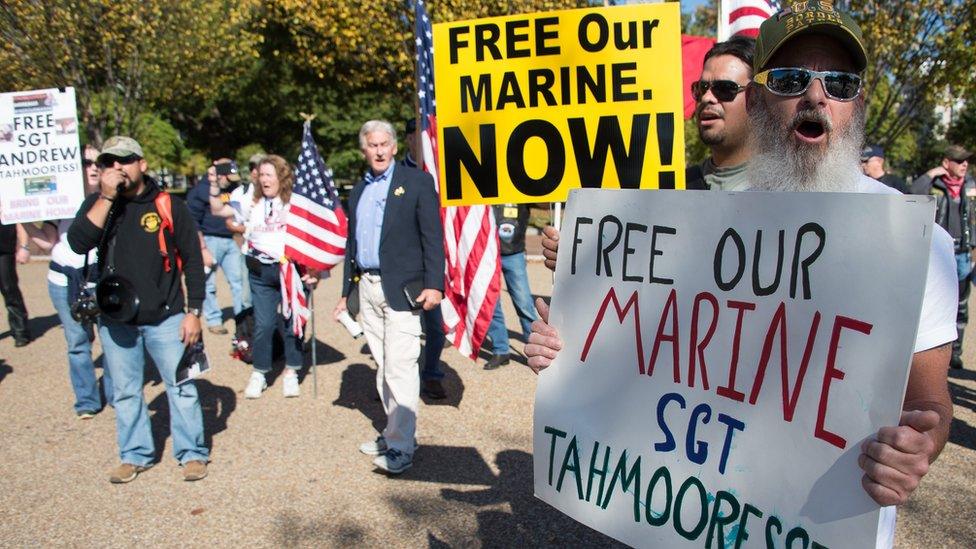
Benitez was hailed a hero by many Americans after he successfully defended Andrew Tahmooressi
US runaway teen 'held farewell party'
Arrest warrant for 'affluenza' US teen
Affluenza: Five unusual criminal defences
Now, he is seeing the opposite problem with Ethan Couch. Hate mail he has received labelled him a scumbag among other, unrepeatable names.
"I am pretty disappointed at some of the emails I've got," the lawyer tells me.
"They don't know anything about me. They don't know what I am doing."
For Mr Benitez, the crime Couch committed in the US is not important. He has committed no crime in Mexico. The Mexican authorities detained him last week on migratory issues instead.
Could he win?
Mr Benitez, who declined to say who is funding the case, took on Ethan Couch's case last Tuesday.
He filed what is called an "amparo", which is a sort of injunction that allowed Couch's deportation to be delayed.
The judge approved the stay and now all of the authorities involved in Couch's detention will have to explain how the actions they took were consistent with the law.
It is a process that could take up to two months, the lawyer believes. But what are the chances of winning the case?
"At this point, I honestly would not venture to give out odds on this," he says.
"I find it in poor taste. I think we need to get the response back from the authorities. Once I know what their position is, I can tell you if they are right or wrong."
First of all, he has to talk to his client. On Tuesday, Mr Benitez will meet with Ethan Couch and explain what the implications are and ask whether he is willing to spend several months in Mexico to fight his corner.
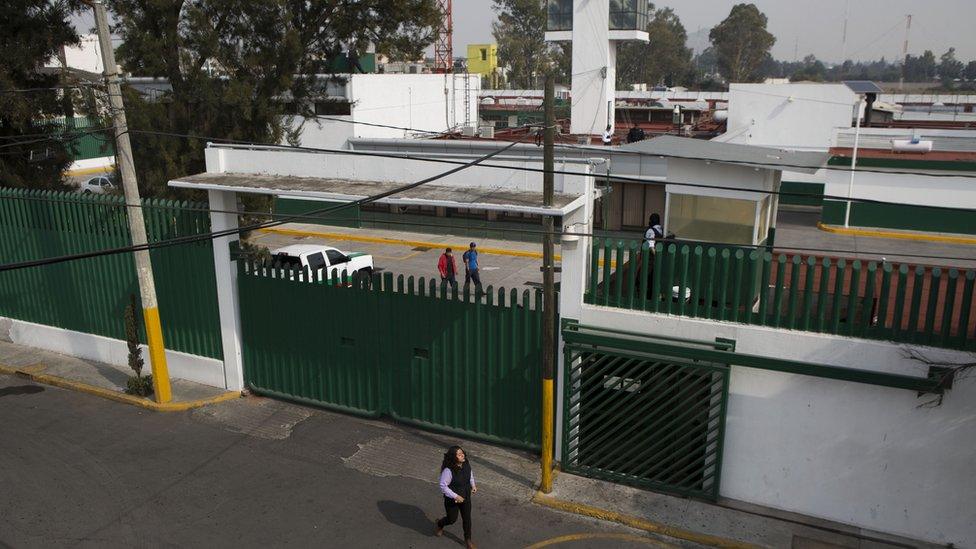
Couch is being held at the Agujas immigration detention centre in Mexico City
One thing though the lawyer is sure about - arguing against deportation will not work.
"The Mexican constitution provides for an executive order from the president where he can take any foreigner out without cause," he says.
"If the president deems it necessary to kick a foreigner out of Mexico, he can do it on his authority, no trial, no judge, nothing."
Mexico and the US have had an extradition treaty since 1978 but Benitez says he knows why it has not been used in this case.
"It would be a tough sell for the US to tell Mexico, you know what, this man was tried as a juvenile, pled guilty, was handed down his sentence and now 5 years later we don't think the sentence is fair and we want to retry him as an adult," he says.
"Mexico is never going to go along with that."
Deportation or extradition
"They said this guy didn't stamp his passport on the point of entry so we are going to kick him out," he says.
"In a sense, what is happening is that they are using deportation in lieu of extradition. I'll bet you a million dollars that 99.9% of the tourists in Puerto Vallarta as we speak did not stamp their passport - are you going to deport all of them too?"
And that, he expects, will be the basis of any argument to help Ethan Couch.
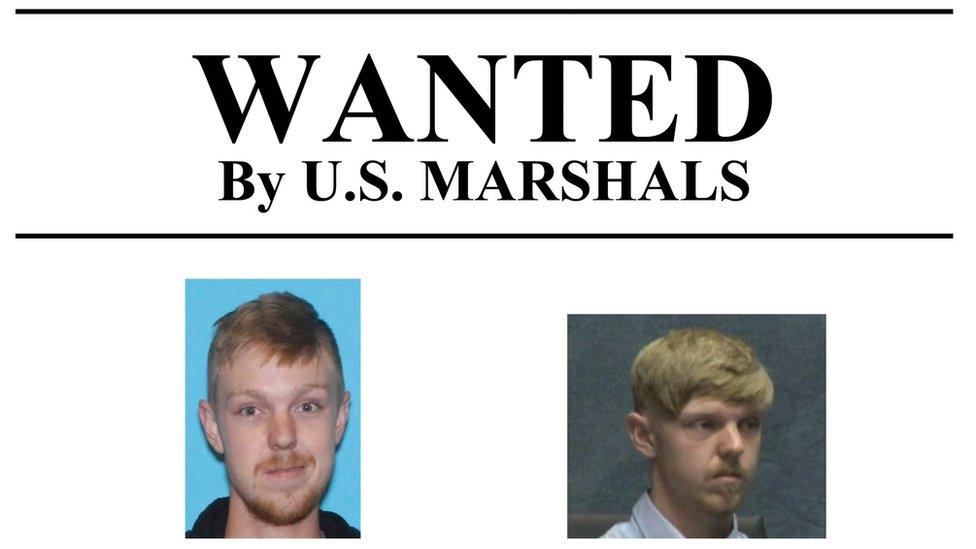
Wanted posters were issued for Ethan Couch in the US
"We need to raise a new argument, an innovative argument to say deportation is not really deportation in this case - there's an extradition disguised as a deportation here.
"He's not being expelled because he didn't stamp his passport. He's being expelled because the Americans are waiting for him to subject him to a criminal trial."
For those who question how Mr Benitez can sleep at night, he reassures them.
"I sleep like a baby," he says. "You can't appease everybody so I am going to appease myself and I am going to do what I think is right.
"I have more experience than most people in dealing with what's right and wrong so I am going to let my own moral compass be the guide."
- Published29 December 2015

- Published16 December 2015
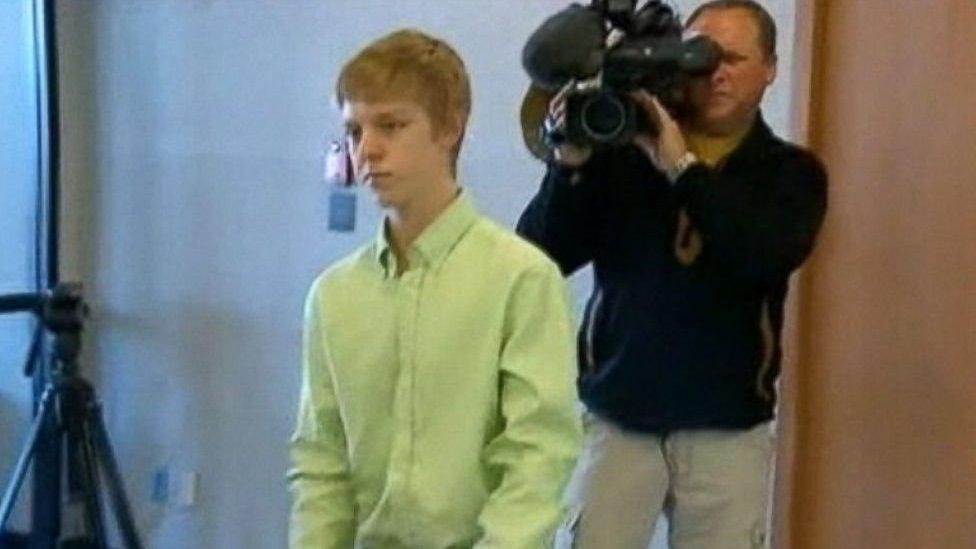
- Published31 December 2015
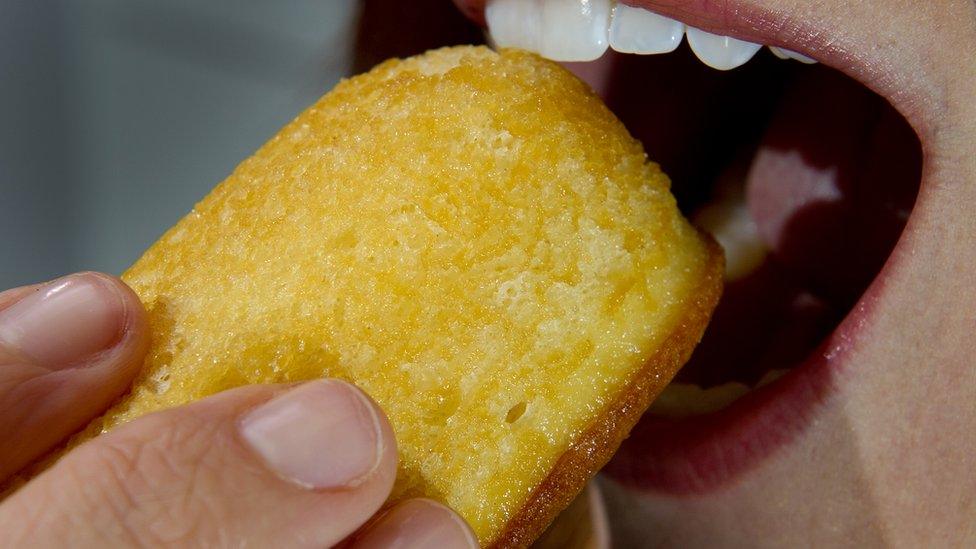
- Published13 December 2013
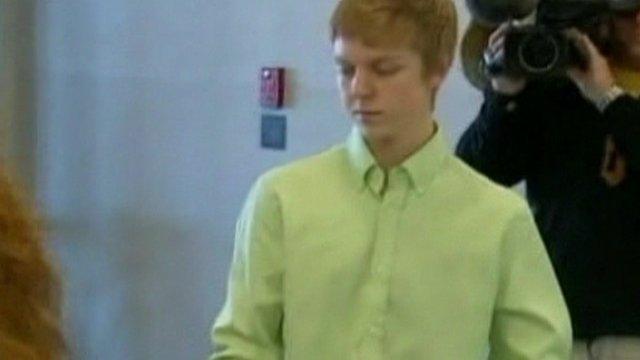
- Published13 December 2013

- Published29 December 2015

- Published13 December 2013
